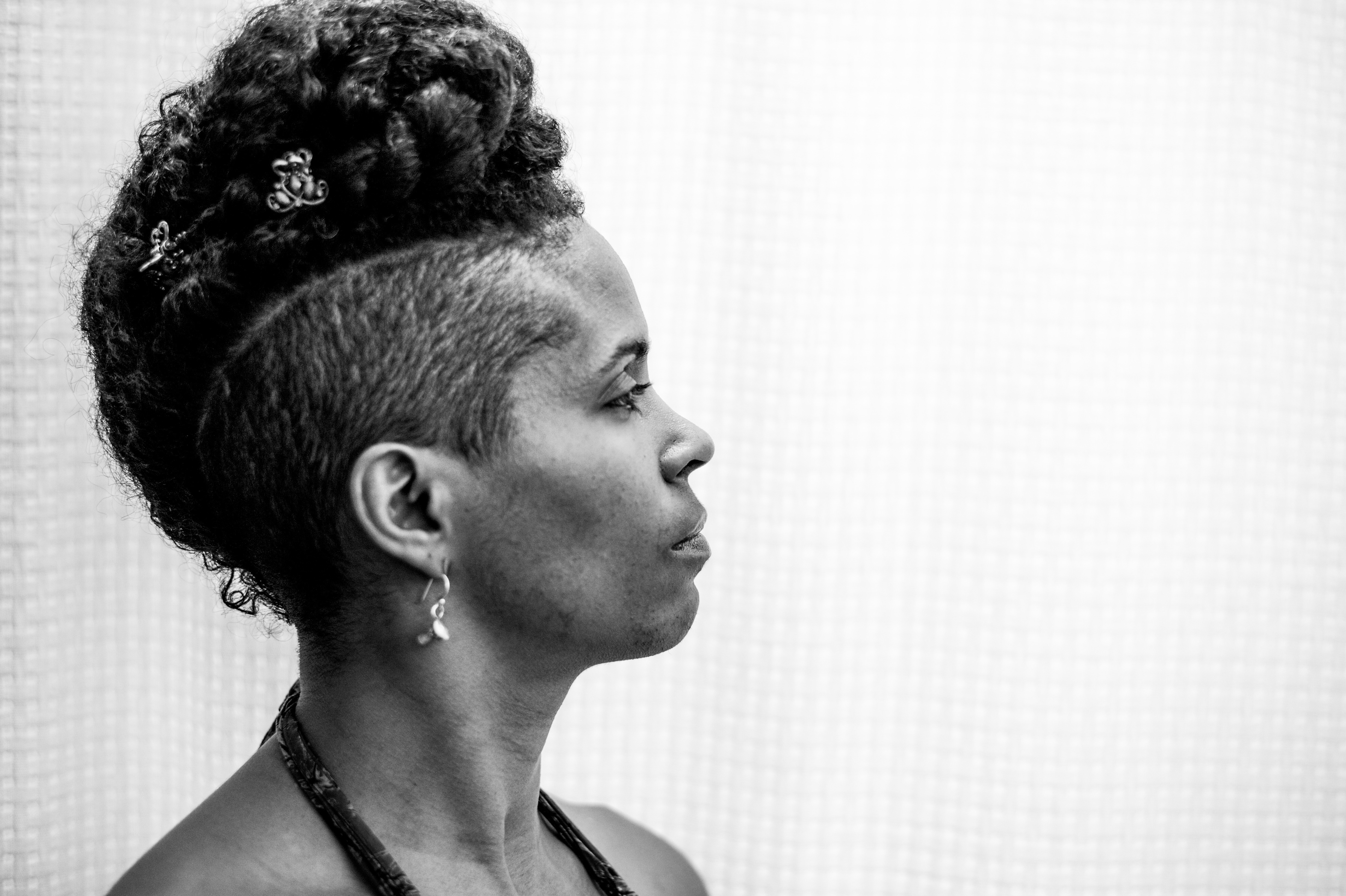Onye Ozuzu is a choreographer, performing artist, and researcher whose practice bridges diasporic movement traditions, improvised dance, and experimental performance. She is the former Dean of the University of Florida College of the Arts and of the School of Fine and Performing Arts at Columbia College Chicago. Her choreographic work resides in the studio, in communities, and on stage. For over two decades, she has developed a transdisciplinary body of work that centers embodied research and collaborative creation as vehicles for cultural inquiry and collective transformation.
Ozuzu’s work has been presented nationally and internationally, including at the Joyce Soho (NYC), Kaay Fecc Festival des Toutes les Danses (Dakar, Senegal), Festival del Caribe (Santiago, Cuba), Lisner Auditorium (Washington, D.C.), and the McKenna Museum of African American Art (New Orleans, LA).
Her immersive, durational performance Project Tool—which investigates the embodied knowledge of tool use and its implications for labor, design, and somatic memory—received a 2018 Joyce Award and was supported by the Chicago Dancemakers Forum, the National Performance Network, and Links Hall in partnership with Dancing Grounds. Her earlier collaboration with jazz composer Greg Ward, Touch My Beloved’s Thought, premiered at Millennium Park’s Pritzker Pavilion as a dynamic exploration of the music and ethos of Charles Mingus.
Ozuzu has been Artist-in-Residence at the Dorchester Art + Housing Collaborative (Rebuild Foundation), Earthdance Creative Living Project, Bates Dance Festival, Chulitna Wilderness Lodge, Lagos danceGATHERING in Nigeria, and EMPAC at Rensselaer Polytechnic Institute (Troy, NY).
Her most recent work, Space Carcasses, will premiere in July 2025 at the Bates Dance Festival. Developed in collaboration with composer and cornetist Ben LaMar Gay, filmmaker and visual artist Simon Rouby, conceptual designer and artist Native Maqari, and dancer Joshua Akubo Gabriel, the project explores African diasporic movement, architectural memory, and the intercontinental migration of Saharan dust. Research for the piece has been shaped by site-based residencies and performance studies across Cape Verde, Paris, Northern Nigeria, and the Southeastern U.S.
Through all of her work, Ozuzu investigates hybridity and intention within movement practices. Her body is both archive and site of invention—a space where contemporary dance, freestyle house, West African dance, yoga, Aikido, and social dance traditions are not merely juxtaposed but interrogated for how they shape choice, attention, and purpose. She crafts contemporary performance that is tooled by tradition, yet unbound by convention.
